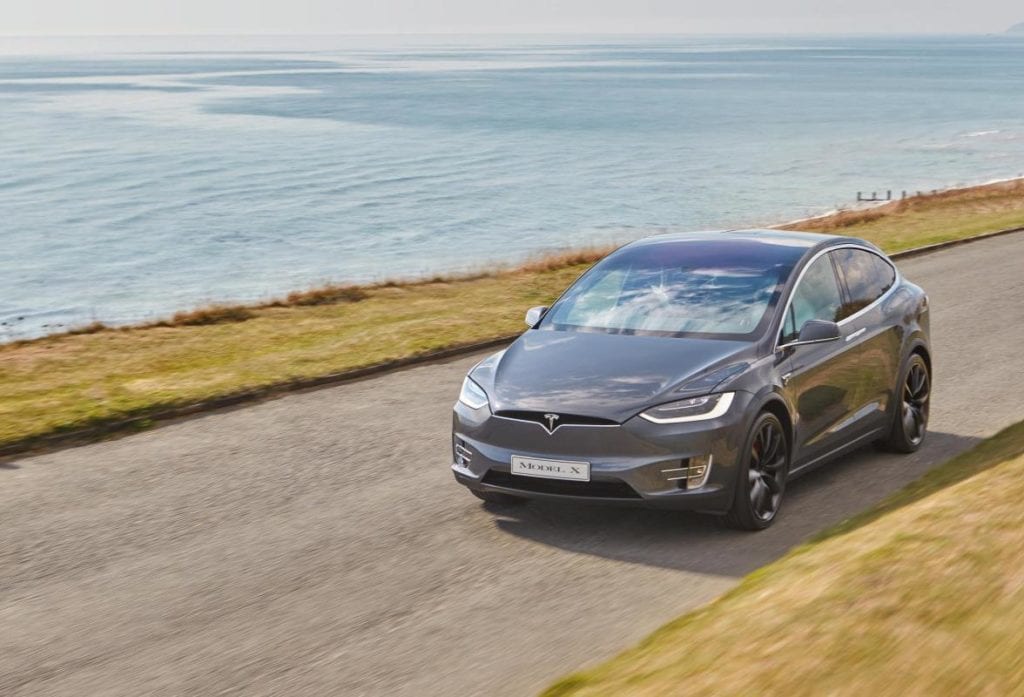The Government is immediately slashing the grant for battery electric vehicles, lowering the price ceiling while altering the qualification for electric vans and further reductions will come.
It’s unheralded announcement about the changes effective today have been criticised by car makers, dealers, motoring organisations and fleet companies who say it sends the wrong message to motorists who want to move to zero emission vehicles and are struggling with funds as the country faces a major recession following the lockdowns since March 2020.


The plug-in car grant introduced a decade ago to reduce the price of electric cars, which generally cost more to make than petrol or diesel equivalents, to encourage more people to buy them. Since 2018, the government has been narrowing the grant, bringing the level down in stages from £4,500 while tightening the eligibility criteria and in last year’s Budget the amount was cut to £3,000 and available only to cars under £50,000.
Now it applies from today only to models under £35,000 and is set at £2,500, because the Government said it wants to stretch out the funding to more motorists buying cheaper cars and those above this figure can be afforded by better-off buyers. It has also insisted vans must be able to travel a minimum 60 miles on battery to qualify.
Transport minister Rachel Maclean said in a statement today, “We want as many people as possible to be able to make the switch to electric vehicles as we look to reduce our carbon emissions, strive towards our net-zero ambitions and level up right across the UK.
“The increasing choice of new vehicles, growing demand from customers and rapidly rising number of chargepoints mean that, while the level of funding remains as high as ever, given soaring demand, we are refocusing our vehicle grants on the more affordable zero-emission vehicles – where most consumers will be looking and where taxpayers’ money will make more of a difference.”
The government has provided £1.3 billion in grants to buyers of around 285,000 plug-in vehicles since 2011. Originally, the scheme included plug-in hybrid vehicles but was restricted to pure-electric models in 2018 in line with an uptick in electric car availability and popularity. A further cut may come in March 2022.
Mike Hawes, SMMT Chief Executive, said, “The decision to slash the Plug-in Car Grant and Van & Truck Grant is the wrong move at the wrong time. New battery electric technology is more expensive than conventional engines and incentives are essential in making these vehicles affordable to the customer.
“Cutting the grant and eligibility moves the UK even further behind other markets, markets which are increasing their support, making it yet more difficult for the UK to get sufficient supply. This sends the wrong message to the consumer, especially private customers, and to an industry challenged to meet the Government’s ambition to be a world leader in the transition to zero emission mobility.”
Dealers were also caught out by the announcement and Sue Robinson, Chief Executive of the National Franchised Dealers Association, added, “The decision to cut the Plug-in Car Grant and Van & Truck Grant is extremely disappointing as it risks undermining the progress the UK has been making towards a zero-emission market in line with the 2030/2035 deadline set by the Government.
“The cost of the electric cars currently available on the market remain higher than their petrol or diesel counterparts and it is vital that buyers continue to be incentivised. Additionally, commercial vehicles keep the economy running, as the recent increase in LCV registrations demonstrates, and this reduction will have a significant impact on small businesses and sole traders.
“Sales of electrified vehicles have been performing well but they still represent a relatively small proportion of the overall market; the timing of the cut to the grant is unfortunate as a number of private customers are currently waiting for showrooms to reopen to get familiar with new types of vehicles, including EVs.
“NFDA has repeatedly highlighted that we must avoid a situation where the least well-off drivers are deterred from buying a new, low-emission vehicle when the time comes to replace their old one”.
RAC head of roads policy Nicholas Lyes went on, “Ministers seem to talk-the-talk when it comes to encouraging people into cleaner vehicles, but cutting the plug-in car grant certainly isn’t walking the walk.
“While it’s understandable to focus grants on the affordable end of the market where there’s the best opportunity for greater take-up, the industry has been hit hard by the pandemic and incentives to get consumers to go green remain vital in encouraging the sale clean new cars. The extent to which drivers might delay upgrading their vehicles as a result of the economic effects of the coronavirus is also yet to be seen, which makes the timing of this announcement all the more surprising.
“Even though more models are coming on to the market, our research suggests upfront cost remains a concern to drivers when comparing the cost of an electric vehicle with a similarly sized conventional vehicle. By cutting the grant, the Government may risk people holding on to their older, more polluting vehicles for longer.”
John Wilmot, CEO, car leasing comparison website LeaseLoco, commented, “While no-one expected the free cash offer to last forever, is this really the best time to announce a further cut, at a time when households are tightening their belts?







Leave a Reply
View Comments